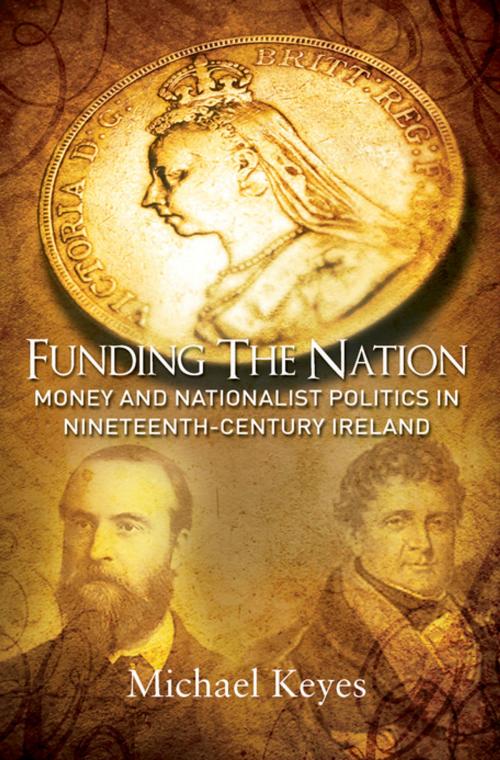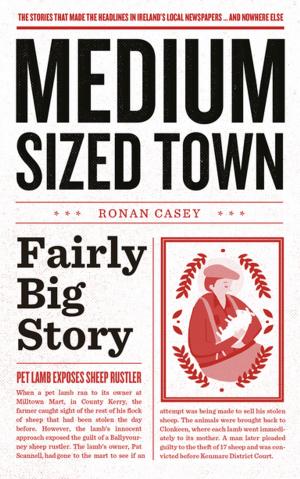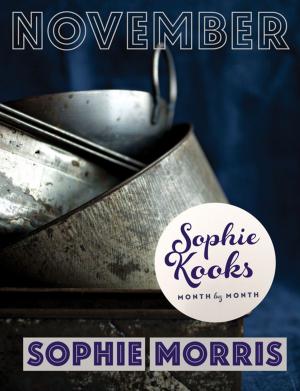Funding the Nation
Money and Nationalist Politics in Nineteenth-century Ireland
Nonfiction, History, Ireland, Modern, 19th Century| Author: | Michael Keyes | ISBN: | 9780717151974 |
| Publisher: | Gill Books | Publication: | September 30, 2011 |
| Imprint: | Gill Books | Language: | English |
| Author: | Michael Keyes |
| ISBN: | 9780717151974 |
| Publisher: | Gill Books |
| Publication: | September 30, 2011 |
| Imprint: | Gill Books |
| Language: | English |
Daniel O’Connell created the Catholic nation in 1820s Ireland and in the process he gave birth to popular politics.
Ahead of America where Andrew Jackson was creating his own brand of popular politics, O’Connell brought together rich and poor in support of a new phenomenon that became the popular political party.
O’Connell began the shift in power from landed wealth to democratic nationalism. His success was built upon by Charles Stewart Parnell who created the first truly effective political party in the 1880s.
The success of both O’Connell and Parnell was based on the flow of money into their organisations to sustain their political machines. Until now there has been no serious examination of how early nationalists raised money, how they accounted for it and – occasionally – how they misappropriated it.
In telling this story Michael Keyes fills a key gap in our knowledge by showing us that popular funding was the life blood of Irish nationalism and was the key ingredient in a movement that went from political exclusion to political dominance in nineteenth-century Ireland.
Daniel O’Connell created the Catholic nation in 1820s Ireland and in the process he gave birth to popular politics.
Ahead of America where Andrew Jackson was creating his own brand of popular politics, O’Connell brought together rich and poor in support of a new phenomenon that became the popular political party.
O’Connell began the shift in power from landed wealth to democratic nationalism. His success was built upon by Charles Stewart Parnell who created the first truly effective political party in the 1880s.
The success of both O’Connell and Parnell was based on the flow of money into their organisations to sustain their political machines. Until now there has been no serious examination of how early nationalists raised money, how they accounted for it and – occasionally – how they misappropriated it.
In telling this story Michael Keyes fills a key gap in our knowledge by showing us that popular funding was the life blood of Irish nationalism and was the key ingredient in a movement that went from political exclusion to political dominance in nineteenth-century Ireland.















